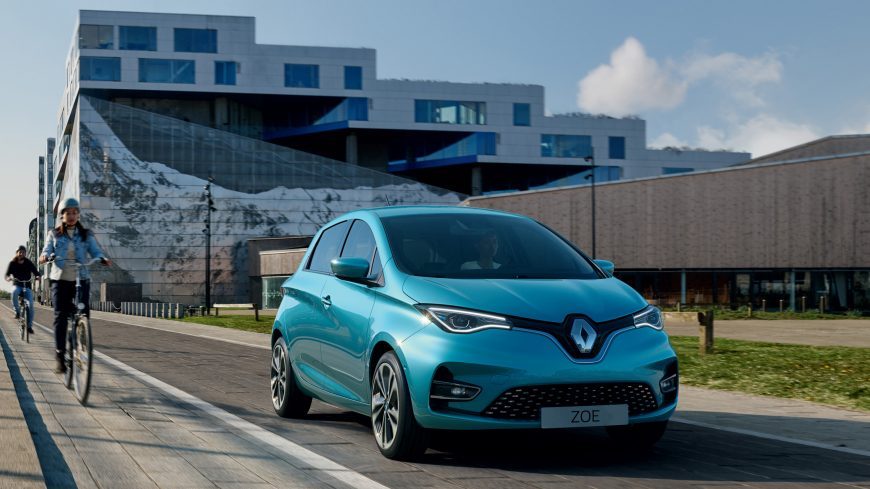Chip Shortage – Renault To Extend Idle Factories Until September

Three of Renault’s four car factories in Spain will be partly idled until end of September, as silicon shortage continues to bite
Another car maker has publicly flagged its distress over the ongoing chip shortage, after French car giant Renault seeks to extend furlough for 9,000 staff.
Reuters reported that Renault has begun negotiations with trade unions to extend the partial idling of three of its four factories in Spain until the end of September.
It is described as a pre-emptive measure, in case the global semiconductor shortage lingers, but it spells bad news for thousands of Renault staff in the country.

Factory idling
What makes this September extension significant is that Renault had already partly idled its Spanish plants because of the chip shortage, but the car maker had been expecting chip supply to return to normal in the second half of the year.
However, Renault management now believe this expectation may not be achievable, and the chip shortage could extend into the third quarter.
Therefore the French car maker is now proposing further stoppages at factories in Palencia and Valladolid for a total of between 31 and 39 days, a company spokesman was quoted as saying on Tuesday.
This will involve putting up to 9,000 workers on furlough, the spokesman reportedly said.
A final decision on the factory idling will depend on future chip supplies, Reuters reported.
The UGT union was quoted as saying in a statement that Renault intended to cease output at the factories at its key European production hub for one to three days a week between April and late September.
Renault is due to disclose first-quarter revenues next week and it reportedly expects it may sell 100,000 fewer cars in 2021 because of the chip shortage.
Global shortage
It is fair to say the chip shortage is impacting multiple industries, but it was first felt by car makers including VW, GM, Audi, Ford, Mazda and many others.
Even firms such as Samsung, which one of the biggest chip makers in the world, have repeatedly warned the chip shortage will delay the launch of smartphone devices.
Last week Apple reportedly postponed the production of a number of its Macbook and iPad devices, due to the global chip shortage.
One of Apple’s main manufacturers, Foxconn, has already warned the chip shortage is affecting supply chains to clients.
US pressure
There are multiple reports of car factories are being impacted around the world.
Last month General Motors confirmed it would again extend production cuts at three North American plants, and added a fourth to the list of factories hit.
That came after GM had already extended its production cuts at three North American factories.
Indeed, so serious is the issue that the US government has become involved.
US President Joe Biden signed an executive order on 24 February to tackle a number of pressing shortages for four critical products.
That included semiconductor chips, electric vehicle batteries and rare earth minerals.
President Biden also announced he would seek $37 billion in funding to ‘supercharge’ chip manufacturing in the United States, and try to lessen its reliance on chip manufacturing in Asian factories.
And this week President Biden also met with the CEOs of nearly 20 major companies in the United States to discuss the global semiconductor shortage.
That White House meeting is reportedly billed as the “CEO Summit on Semiconductor and Supply Chain Resilience” and besides the US President, White House National Security Advisor Jake Sullivan and National Economic Council Director Brian Deese will also attend.
Among the CEOs Biden is meeting are General Motors boss Mary Barra, Ford Motor CEO Jim Farley and Chrysler-parent Stellantis CEO Carlos Tavares.
The CEOs of GlobalFoundries, PACCAR, NXP Semiconductors, Taiwan Semiconductor Manufacturing Company, AT&T, Samsung, Alphabet, Dell, Intel, Medtronic, Northrop Grumman, HP, Cummins and Micron Technology are also attending.